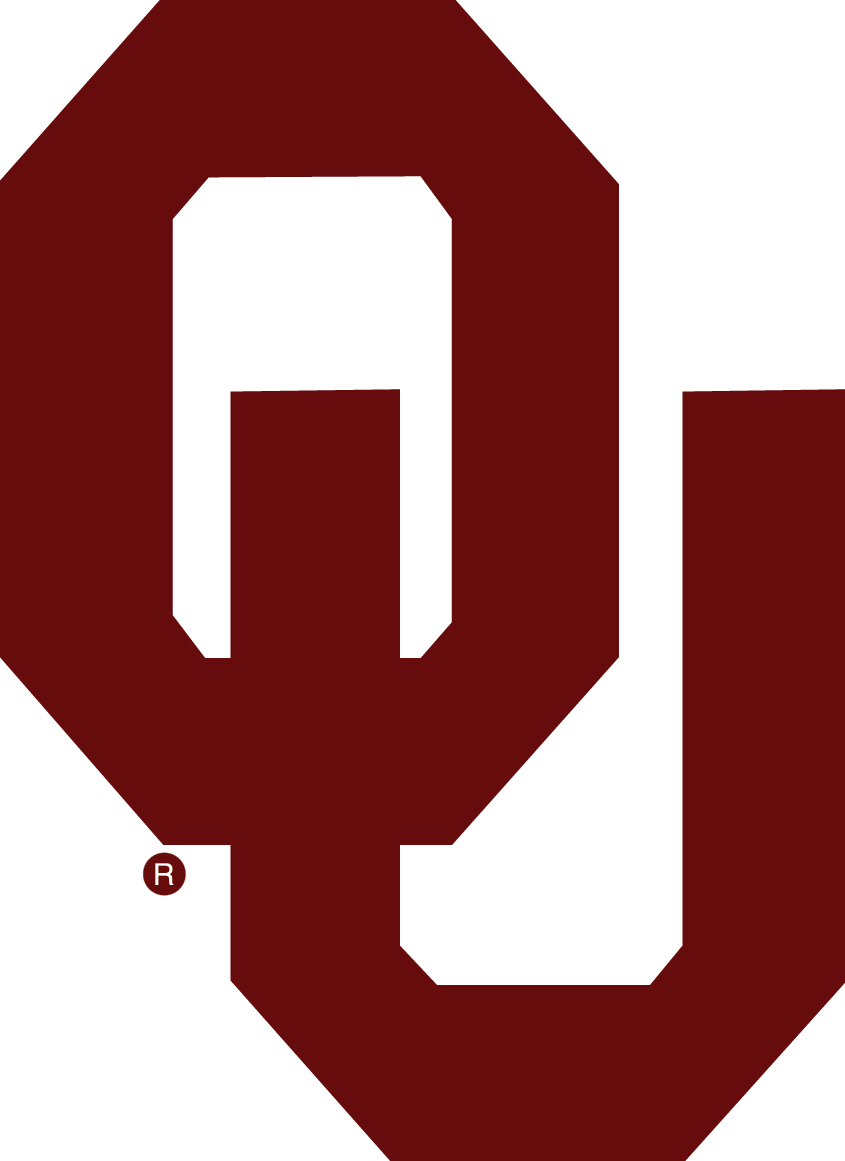Postprofessional study is different than professional level education. Within general program requirements, a more flexible curriculum enables learners to pursue individual interests and goals, and to acquire the knowledge, skills, and attitudes necessary for professional leadership and advanced clinical practice. Postprofessional classes are usually smaller in size than professional classes and require students to be more actively involved in acquiring and synthesizing information than in most professional level courses. Because requirements such as the leadership practicum and the doctoral thesis are individualized, students are more responsible for progressing in and adhering to timelines than in the less flexible entry-level professional programs.
Students are expected to take advantage of opportunities to participate with faculty in teaching, research, writing, and editing manuscripts for publication, preparation of grant applications, and other activities that are part of the educational environment. Students who participate in these activities generally acquire greater benefit from their education than those who simply meet the minimum requirements for graduation.
The DSc faculty and students collaborate to construct a shared learning environment that is secure, open, and amendable to achieving students’ educational goals. Faculty members are committed to improving access to quality health care, and the program reflects this focus on the patient/client. Postprofessional curricula of the Department of Rehabilitation Sciences are designed to prepare graduates who:
- are skilled and knowledgeable in rehabilitation science, but also can incorporate knowledge and skills from other disciplines from which their patients/clients could benefit;
- accept responsibility for ongoing professional and ethical self-evaluation;
- are accountable to patients/clients and colleagues;
- promote and adhere to the Code of Ethics of the American Occupational Therapy Association or the Code of Ethics of the American Physical Therapy Association;
- are active members of their professional associations;
- are secure in their professional identities and knowledgeable about their scopes of practice to the extent that they can provide leadership and work as effective members of a team of professionals;
- embrace the need to work in an environment characterized by change and ambiguity, and adapt to participate in rapidly evolving professions;
- communicate clearly with colleagues and the public, both verbally and in writing;
- use communication technology to fulfill personal and professional goals, and to further the goals of their patients/clients;
- can think, solve problems, plan, and negotiate;
- accept responsibility for life-long learning, identify and locate resources, and continually rebuild their personal professional knowledge;
- accept critical evaluation and implement relevant changes in their educational and professional performance, and also provide constructive feedback to their peers;
- insist on a scientific basis for practice by being active and critical consumers of scientific research, basing their own practice on science and expecting the same of their colleagues;
- assume responsibility for delivering services to the public by using resources in an efficient and equitable manner;
- practice accepted models of clinical decision-making; and
- reflect positively on their professions through their balanced lifestyle and involvement in the life of their communities.
Students must contribute critical personal resources to succeed in the programs. These include ability for objective analysis, effective communication, commitment to high standards of performance, and dedication to ethical and professional behavior in an environment marked by change and often conflicting demands. Students are expected to:
- accept responsibility for their own learning;
- engage in self-assessment and identify personal strengths and weaknesses;
- recognize their responsibility for pursuing answers to their questions prior to seeking out the assistance of others by identifying resources and taking the initiative to make use of them;
- be comfortable with critical evaluation in the educational process and have the ability to provide constructive feedback to the faculty and to peers;
- communicate effectively in writing and verbally; and reflect on the entire learning process and specific elements of the process to learn from their previous actions.

